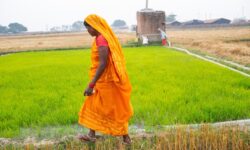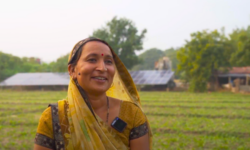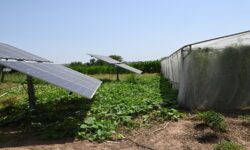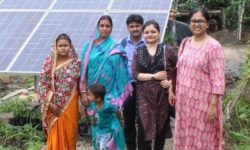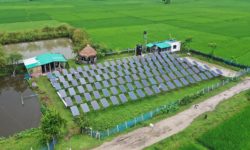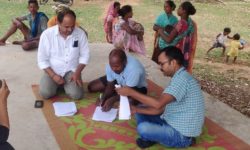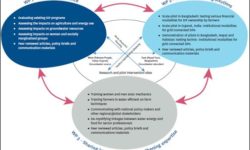Closing the Gender Data Gap in Agriculture-Food Systems
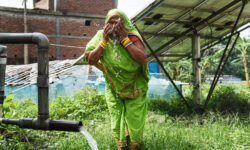
By Darshini Ravindranath Angel Konthoujam. Gender equality and social equity are integral to achieving sustainable development in agriculture-food systems, however, achieving said goals has been challenging because of the unique complexities associated with it. Gendered power dynamics are frequently visible in middle- and low-income countries which results in women having…

